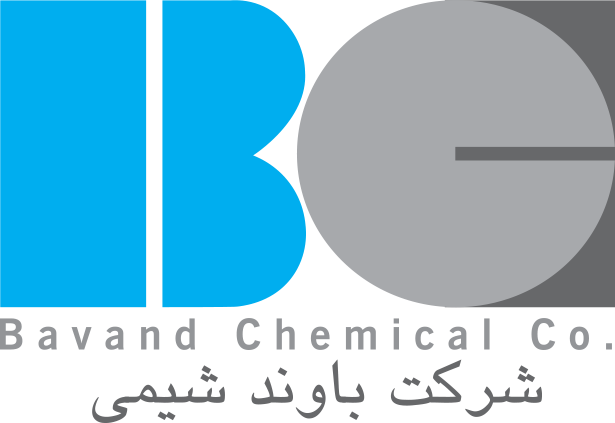بیانیه ارزش ها :
کیفیت محصولات ما نتیجه عشق ما به کار در محیطی پویا ، اثربخش و ارزش آفرین است.
برآورده کردن نیاز مشتریان و ایجاد امنیت خاطر برای آنها در خرید از ما ، افتخار ماست.
ارائه خدمات مستمر و ارزش افزا به جامعه مشتریان ، وظیفه ماست.
بهره مندی از نخبگان ، خبرگان و نیروی انسانی کارآمد ، ضرورت ماست.
حفاظت از محیط زیست و پایبندی به اصول آن ، اعتقاد و التزام ماست.

